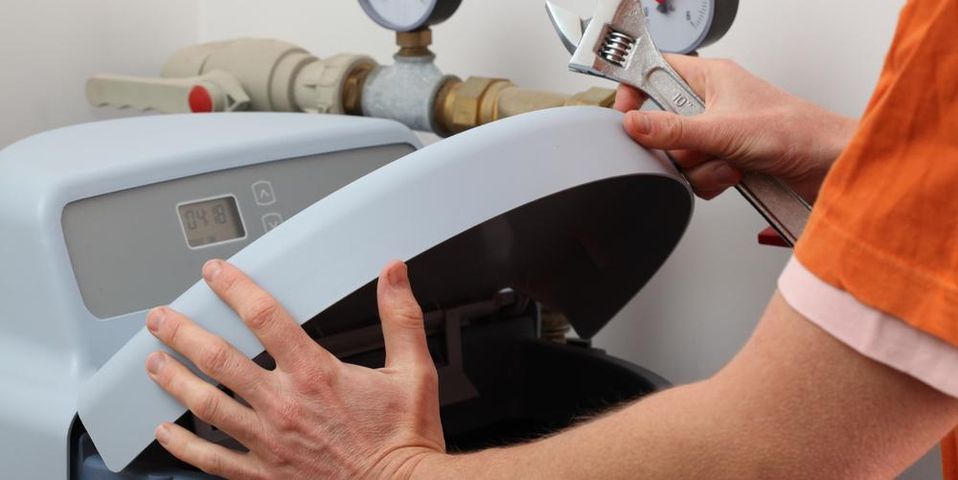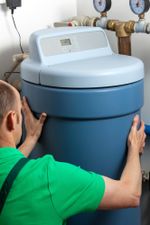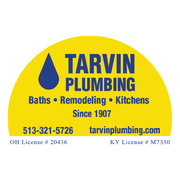
Water softeners have become everyday household appliances, but specific aspects of their operation and maintenance needs might still be a bit unknown for the average homeowner. To learn more, here are the answers to several common questions regarding hard water and how the water treatment devices help take care of the issue.
Hard Water & Water Treatment FAQ
What Is Hard Water?
Although water naturally contains various minerals such as calcium, magnesium, and manganese, hard water has a higher concentration than normal. If your water has a higher concentration than one grain per gallon of these substances, it is “hard.”
What Are the Effects of Hard Water on a Home?
Hard water can affect a home and its residents in several different ways. The increased concentration of minerals clogs pipes and causes appliances to run less efficiently, leading to an increase in utility costs. It also leaves unsightly marks in sinks and bathtubs and can make glass shower doors completely opaque due to the buildup of residue.
Hard water affects other household duties involving water as well. Because the water can’t properly wash away various cleaning and beauty products such as body wash or shampoo, the skin can become irritated and raw. The increased mineral content also interferes with laundry. Soap gets stuck in clothing because of the hard water, making it stiff and increasing the rate at which colors fade.
Does Hard Water Pose a Health Hazard?
 While some studies have suggested a correlation between hard water and an increased likelihood of cardiovascular disease, there have been no definitive results. The National Research Council even states that drinking hard water contributes to the necessary intake of various minerals. These dietary recommendations can be accomplished in other ways, making water treatment the best solution for hard water problems.
While some studies have suggested a correlation between hard water and an increased likelihood of cardiovascular disease, there have been no definitive results. The National Research Council even states that drinking hard water contributes to the necessary intake of various minerals. These dietary recommendations can be accomplished in other ways, making water treatment the best solution for hard water problems.
How Does a Water Softener Work?
Water softeners use an ion-exchange process to remove minerals from a water source. As the fluid passes through a softener’s tank, minerals are drawn to resin beads containing an opposite charge. The water is then passed through the tank and into your home’s plumbing while the minerals and resin beads are left behind.
If you’re looking for the right water treatment solution for your home, the plumbing experts of Tarvin Plumbing in Cincinnati, OH, are ready to assist. Whether you need a high-quality water softener, plumbing repairs, or home renovations, the 111 years of experience under the company’s belt ensure you can trust the staff for a variety of services. Plus, with convenient 24-hour emergency service, you’ll never be without the help you need. For more information, call (513) 321-5726 or visit their website today.
About the Business
Have a question? Ask the experts!
Send your question

